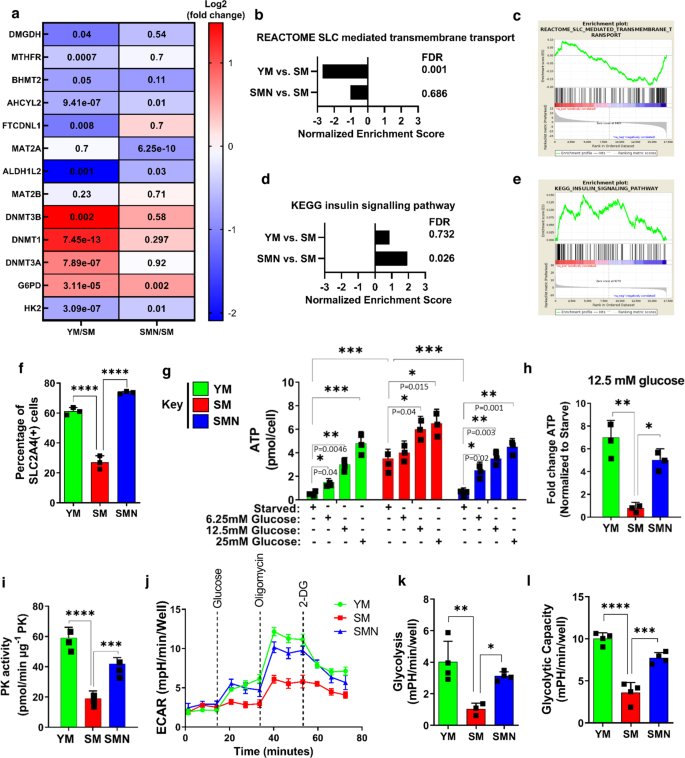2023-02-15 バース大学
◆この6年間で、より高度な研究により、すべての昆虫種が減少しているわけではないが、多くの昆虫種が深刻な問題を抱えていることが確認されているのだ。2020年に発表された166件の研究によると、昆虫の個体数は世界全体で平均して年間0.9%減少していると推定されている。しかし、その減少にはばらつきがある。同じ環境下でも、ある種の昆虫は減少し、ある種の昆虫は横ばい、ある種の昆虫は増加した。このような昆虫間の差の理由は不明だが、明らかに回復力のある種とそうでない種がいる。
◆これまで、その多くはヨーロッパと北米の保護区から得られていた。では、他の地域ではどうなのだろうか。このたび、東アジアの昆虫の季節的移動について、新たな研究結果が発表された。害虫となる昆虫の多くは、毎年春になると新緑の季節を利用して北上し、秋になると寒さを逃れるために南下する。
◆2003年から2020年にかけて、北京の中国農業科学院の科学者たちは、中国北東部の沖合にある北方島の高空サーチライトトラップから、約300万匹の渡り昆虫を捕獲した。さらに、900万匹の昆虫がレーダー記録から検出された。全部で98種が確認され、そのほとんどが植物を食べる作物の害虫か、その天敵である捕食者や寄生者の昆虫であることがわかった。18年間の全昆虫の数は7.6%減少しており、毎年0.4%ずつ着実に減少していることがわかる。
◆欧米と同様に、アジアでも昆虫の減少が大規模に進行していることがわかる。その原因は同じと考えるのが妥当であろう。その原因が何であるかはわからないが、世界中で起こっている可能性は高いと思われる。
<関連情報>
- https://theconversation.com/insects-are-vanishing-worldwide-now-its-making-it-harder-to-grow-food-199826
- https://www.science.org/doi/10.1126/sciadv.ade9341
長期的な昆虫センサーの結果、東アジアにおける生態系機能の喪失が進行していることが判明 Long-term insect censuses capture progressive loss of ecosystem functioning in East Asia
Yan Zhou,Haowen Zhang,Dazhong Liu,Adel Khashaveh ,Qian Li,Kris A. G. Wyckhuys ,Kongming Wu
Science Advances Published:3 Feb 2023
DOI:https://doi.org/10.1126/sciadv.ade9341

Abstract
Insects provide critical ecosystem services such as biological pest control, in which natural enemies (NE) regulate the populations of crop-feeding herbivores (H). While H-NE dynamics are routinely studied at small spatiotemporal scales, multiyear assessments over entire agrolandscapes are rare. Here, we draw on 18-year radar and searchlight trapping datasets (2003–2020) from eastern Asia to (i) assess temporal population trends of 98 airborne insect species and (ii) characterize the associated H-NE interplay. Although NE consistently constrain interseasonal H population growth, their summer abundance declined by 19.3% over time and prominent agricultural pests abandoned their equilibrium state. Within food webs composed of 124 bitrophic couplets, NE abundance annually fell by 0.7% and network connectance dropped markedly. Our research unveils how a progressive decline in insect numbers debilitates H trophic regulation and ecosystem stability at a macroscale, carrying implications for food security and (agro)ecological resilience during times of global environmental change.


